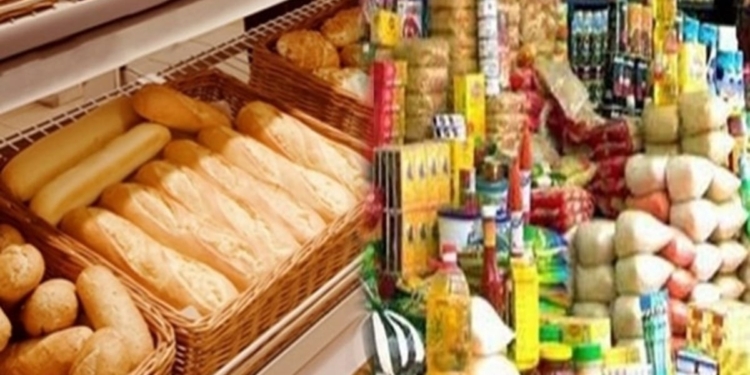While purchasing power remains at the center of economic priorities, the Tunisian government has chosen to maintain and strengthen its support for basic necessities. According to the finance bill for 2026, an envelope of 4,079 million dinars will be devoted to subsidies, compared to 3,801 million in 2025 – an increase of 278 million dinars.
A budgetary effort to preserve social stability
The Ministry of Finance justifies this orientation by the need to preserve the purchasing capacity of households and to ensure the stability of the prices of essential foodstuffs.
This increase confirms the central place of the subsidy system in the Tunisian social model, despite a context of strong budgetary constraints.
The products concerned include cereals, flour, bread, vegetable oils and sugar, the prices of which are partially compensated by the State in order to limit the impact of global fluctuations on the local consumer.
Prudent economic assumptions
The draft budget is based on realistic assumptions:
- an average price of wheat at $260 per tonne, compared to $263 expected in 2025;
- a stable exchange rate between the dinar and the dollar.
These parameters reflect the government’s desire to consolidate food security while maintaining a balance between social spending and financial sustainability.
Commodity support spending is estimated to represent 41.7% of all subsidies and 2.2% of GDP, levels comparable to 2025.
Modernize management and strengthen controls
Beyond the amounts, the government is committed to improving the transparency of the system.
Digital platforms will now make it possible to monitor flour sales in flour mills and control the distribution of subsidized oil in real time.
At the same time, actions will be taken to combat waste, speculation and smuggling, through reinforced economic controls and awareness campaigns intended to rationalize consumption.
The government also plans to intensify its efforts to stimulate national production, particularly in the durum wheat sector, and reduce dependence on imports.
Initiatives will be undertaken to modernize water management and encourage crops more adapted to climate change, with the aim of sustainable food self-sufficiency.
By maintaining the course of subsidies, the executive seeks to protect households without disrupting the fragile balance of public finances.
But in the long term, the success of this policy will depend on the State’s ability to make the system more targeted, more efficient and less costly – an essential condition for reconciling social solidarity and budgetary responsibility.
Also read:
Budget 2026: 52.5 billion dinars in revenue and 63.57 billion in expenditure
Budget 2026: Growth at 2.4%, inflation at 5% and rising social priorities
Budget 2026: Increase in salaries, enhanced pensions and wealth tax








